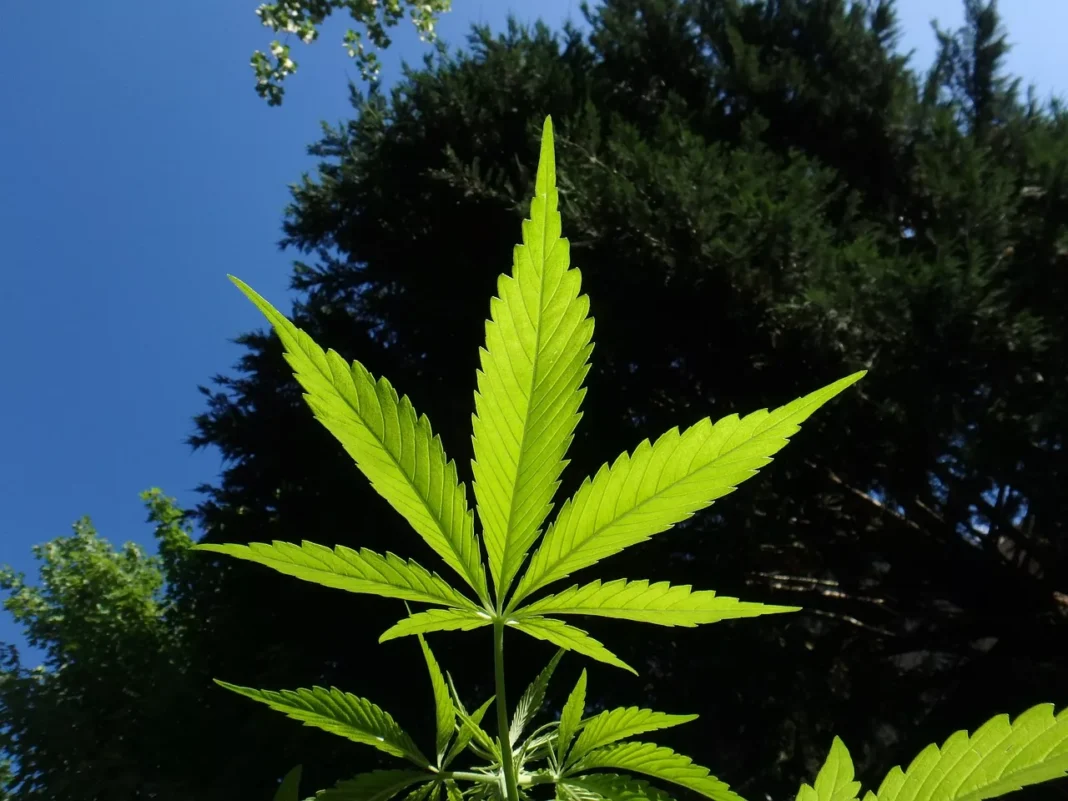In a major win for the US hemp industry, language which could have seen ‘90-95%’ of hemp products banned has been removed from a major US agricultural funding bill.
John Hoeven, the chair of the Senate Appropriations Agriculture FDA subcommittee confirmed Tuesday that the language intended to restrict sales of products made from hemp containing detectable amounts of THC was removed.
The Agriculture and FDA bill passed on Friday, August 01 by a vote of 87-9. This was done to end the deadlock that had lasted for several days.
The removal of the language which would have defined hemp, and led to the destruction of an industry that was already in decline is a major win for all. Congress has kept its promise to American farmers by reaffirming their support for the growing hemp industry, said Jonathan Miller.
A ban on the sale of tobacco products would destroy all the good work done by farmers and small business over the last decade, while not protecting consumers.
This measure was originally proposed by Senate Minority leader Mitch McConnell to close the regulatory loophole that had been created by the Farm Bill of 2018, which allowed hemp-derived intoxicants, such as delta-8THC, to spread rapidly under much looser regulations than federally regulated cannabis products.
McConnell has indicated that hemp regulation is an important legacy issue for him before his retirement expected in 2026. He had sought to set new THC limits in hemp products in this year’s Agriculture Appropriations Package.
However, the proposal drew fierce opposition from fellow Kentuckian Sen. Rand Paul, who warned it would ‘destroy’ a hemp industry that has expanded rapidly since the 2018 reforms. Paul warned that he would block the funding bill’s passage if the hemp provision wasn’t removed.
Hoeven, who confirmed the removal of the language on Tuesday (August 29, 2018) said that there was no compromise to be made.
The Senate Ag Appropriations Bill no longer contains the language that kills hemp. Thank you Senator@RandPaul.
This fight’s not over. After recess, the threat will be back. In the meantime, sign our petition to thank Sen. Paul:https://t.co/jxFTGLzcHg pic.twitter.com/18zxu1ZMKx
— US Hemp Roundtable (@HempRoundtable) July 29, 2025
Since Congress legalised hemp in 2018, the place of hemp in US agriculture and drug policy is becoming increasingly fraught. In 2018, Congress removed hemp as a controlled substance. However, this law created a gray market that is dominated by psychoactive cannabinoids like delta-8 and Delta-10 THC. These substances are synthesized from hemp extracts which have similar effects.
Anthony Coniglio co-founder of NewLake Capital Partners is one of the leading voices in cannabis capital market and regulatory strategy. MEDCAN24: “One of the biggest challenges facing intoxicating hemp is the reputation it’s gained, the catchphrase ‘gas station weed’ really sums it up. This perception is damaging enough to undermine the credibility of the cannabis industry.
Since months, groups such as the US Hemp Roundtable warn against overreaching federal regulations, which could lead to the closure of legitimate hemp industries.
It is still a key issue in the regulation of hemp, since non-intoxicating cannabis can be easily converted into such substances.
It’s true that organised crime is a major factor in this. Specifically, cartels from China and Mexico. Coniglio said that there have been reports about HHC and THC A being imported from abroad into hemp products.
Both industries have been conflated and a few bad actors are damaging the freedom of hemp as well as the industry’s reputation.
“I’m not sure how closely linked they are — it’s been difficult to gauge how many hemp farmers are actually supplying the intoxicating hemp market versus other uses.
“But I understand your frustration with the 0.3% THC cap. It’s not always in your control. Sometimes you invest time and money into a crop, only to end up with a ‘hot’ plant that has to be destroyed, through no real fault of your own.”
He warned that despite this: “When it’s all put together, the hemp industry will be doomed.” The only question that matters to me is not whether or not regulation will come, but what exactly will be regulated, and what is going to be banned.”=
The industry has won a major victory, but the war will continue once the recess period is over. Now, advocates are concentrating on the creation of effective regulations to regulate intoxicating hemp to avoid any further attempts at imposing a blanket prohibition.
Miller added, “We are hopeful that these discussions can serve as a useful framework as we continue to work with Congress on robust regulations instead of prohibiting products which consumers depend upon.”
Now, the coalition says it is ‘dedicated to establishing a federal safety framework’.




